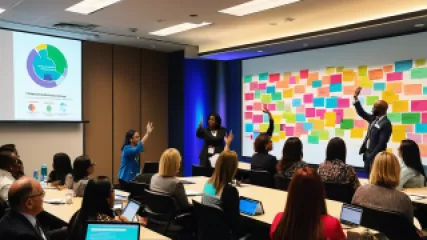My Journey Advocating for Mental Health Awareness
1 year ago
Advocacy in Mental Health
Empowering Advocates: A Step-by-Step Guide to Effective Mental Health Advocacy
1 year ago
Advocacy in Mental Health
Why Cultural Competence Matters for Therapists
1 year ago
Cultural Competence
How to Advocate Effectively for Mental Health
1 year ago
Advocacy in Mental Health
5 Practical Steps to Improve Your Eating Habits
1 year ago
Eating Habits
10 Proven Strategies to Overcome Shyness in Virtual Therapy
1 year ago
Overcoming Shyness
Learning Behavioral Change Through Film and Literature
1 year ago
Behavioral Change
10 Best Virtual Bereavement Support Resources
1 year ago
Bereavement Support
Nurturing Peer Relationships: A Research Summary
1 year ago
Peer Relationships
Exploring Existential Questions: An Interview with a Philosopher
1 year ago
Existential Questions
Nutritional Lessons from The Matrix: Transforming Your Eating Habits
1 year ago
Eating Habits
How Establishing Healthy Boundaries Transformed My Peer Relationships
1 year ago
Peer Relationships
How to Find and Join an Online Grief Support Program
1 year ago
Bereavement Support
The Essential Guide to Developing Cultural Competence
1 year ago
Cultural Competence
Proven Strategies to Boost Self-Confidence and Overcome Shyness
1 year ago
Overcoming Shyness















